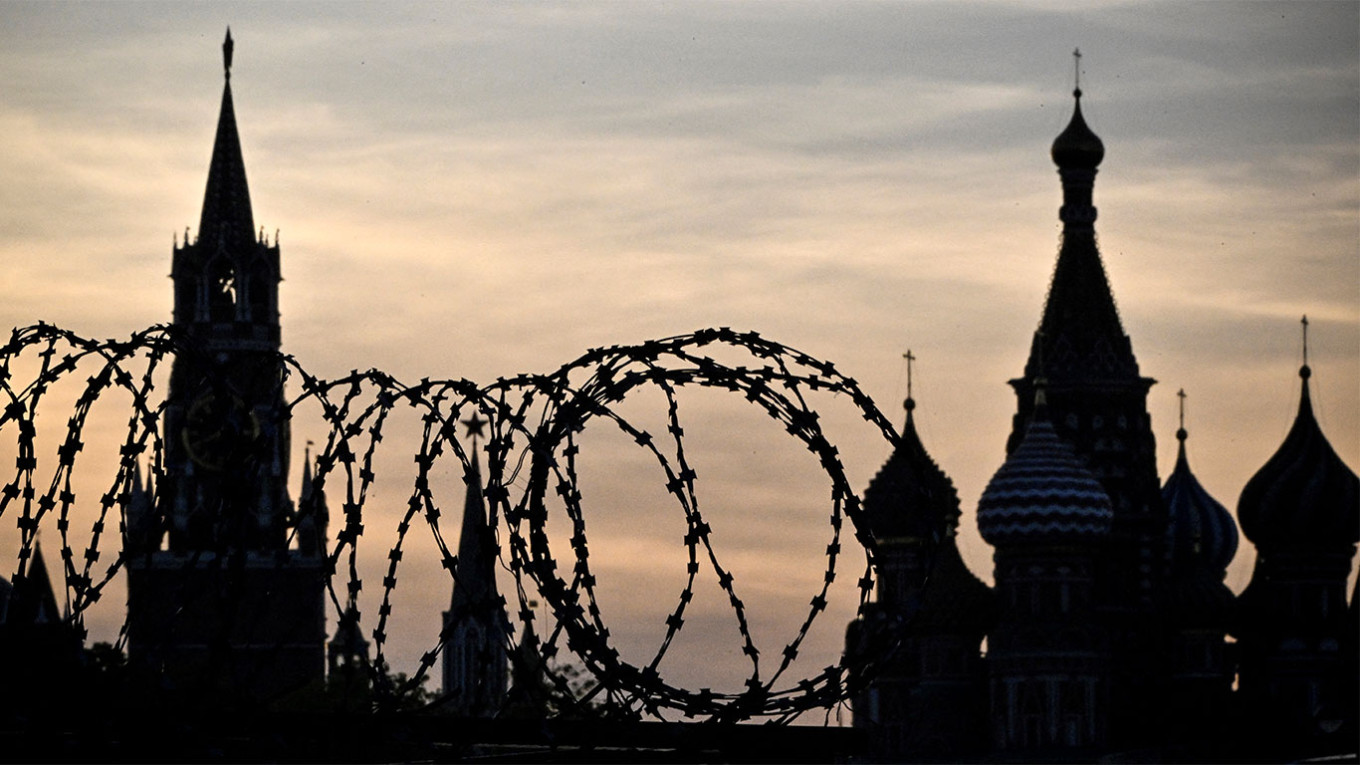Andrei Soldatov, Irina Borogan
A new means of attack had been used against Russian anti-Kremlin voices this autumn.
The Kremlin seems to have realized that with the regime so successfully repressive at home, the anti-Kremlin and anti-war opposition is increasingly making itself heard through journalism from abroad.
The Kremlin was attacking journalists long before the full-scale invasion, which resulted in the massive exodus of Russian reporters from the country. Once abroad, most remain active, exposing Kremlin and Russian war crimes.
Political opposition also moved to online journalism, having realized it offered the most effective way to affect public opinion at home, while the alternative – protesting in the streets or through elections – are not feasible. The Kremlin has been very inventive at trying to silence those voices, presenting measures ranging from blocking to legal attacks (many of our colleagues are either categorized as foreign agents, or on the wanted list, or already convicted criminals in absentia – one of the authors of this article is on the wanted list and is deemed a foreign agent).
And yet the journalist community remains active. What’s more, Russian official investigations are routinely picked up Western media, which either cite Russian investigations and independent experts, or cooperate with them.
This clearly causes anxiety in the Kremlin. So it has created a new avenue of attack that is apparently getting more by targeting the Western media that work with them.
The new battlefield is Germany.
The first attack was launched by Pavel Izvolsky, the head of the Russian House, a government agency, in Berlin. Russian Houses in Berlin and elsewhere are funded by Rossotrudnichestvo — an umbrella body that gathers together foundations supporting Russians abroad and providing funding to Russian-language media. But because it is a separate legal entity, the Russian House is not sanctioned, unlike its parent organization, Rossotrudnichestvo, which has been the target of EU measures after the bloc deemed it was running a network of agents of influence.
But the Russian House remains very much active.
Earlier this year, a Russian investigative publication in exile, the Insider, ran a story about Izvolsky and the Russian house.
Izvolsky objected to a sentence that he at some point was registered in the officers’ dormitory on Golovacheva str 190, where the cadets of the Moscow Higher Military Command School live. (Many graduates serve either in the military intelligence or the technical intelligence branch of the SVR.) Izvolsky filed a lawsuit demanding its removal from the website of the German public television channel, RBB which had cited the Insider. But Izvolsky didn’t file a lawsuit against the Insider itself. RBB complied, saying it lacked sufficient evidence to support the claim.
Next, Izvolsky appeared on the Russian-speaking TV channel OstWest where he claimed the removal of the claim amounted to a significant wii against Russian journalists in exile, accusing them of cheating, manipulation and lying.
The German-language Russian propaganda outlet RT then ran a story, citing OstWest that Izvolsky had sued RBB —and won.
In October, the authors of this piece also came under legal attack in Germany in October. A Russian businessman ,Alexei Kozlov, went to the Hamburg district court and secured a ban on German sales of audio and e-book copies of our book The Compatriots. The 2019 book tells the story of the difficult relationship between Russian emigres and the Kremlin’s intelligence agencies.
Kozlov, who lives in Berlin but travels regularly to Moscow, began his action in September, four years after publication. He complained about the description of his relationship with the Russian services. Kozlov is a scion of a prominent family of Soviet spies — his great-grandfather was Vasily Zarubin, Stalin’s undercover intelligence chief in America, while his step-great-grandfather was Nahum Eitingon, who organised Trotsky’s murder on Stalin’s orders.
His lawyer argued in his letter to the publisher that it was damaging to suggest that Kozlov “made his professional career with the support and due to personal connections in the Russian secret service KGB.”
Kozlov decided to sue our American publisher Hachette, not us. Just like Izvolsky (see above) Kozlov used the temporary injunction from the Hamburg court to launch an attack on our credibility. He stated on Facebook that we were guilty of unprofessionalism, and went onto argue: “It will be difficult for them to pass a reputation audit from normal media. For them, as for “experts,” this will be a black spot for their entire life.”
It appears some lessons were learned from the long and costly legal battle of 2021 over Putin’s People: How the KGB Took Back Russia and then Took on the West – a book by the Financial Times’ former Moscow bureau chief Catherine Belton.
Several Russian oligarchs, including Roman Abramovich, sued Belton’s publisher HarperCollings. In December 2021, HarperCollins settled a libel dispute with Abramovich.
Journalists told us afterwards that following the case it had become more difficult for authors to have a book about Russia accepted by a publisher because of the potential legal problems.
It’s unlikely the Kremlin will have missed the lesson.
Two years it felt risky to report on Russian oligarchs. Now it seems the aim is to attack Western publishers and media to make them think twice before accepting Russian journalists’ reporting.
In late November, Pen International, Index on Censorship, ARTICLE 19 Europe, IFEX, Justice for Journalists Coalition along with 11 other freedom of expression groups issued a statement about the lawsuit against us, saying that it felt “intimidatory tactics” were being used to silence critics of the Russian regime living abroad.
According to the statement, “it also sends a message to other Russian dissidents to be quiet or risk being subject to the same intimidatory tactics.”
Last Friday, the Hamburg court upheld the preliminary injunction against The Compatriots.
Agentura.ru 2023
